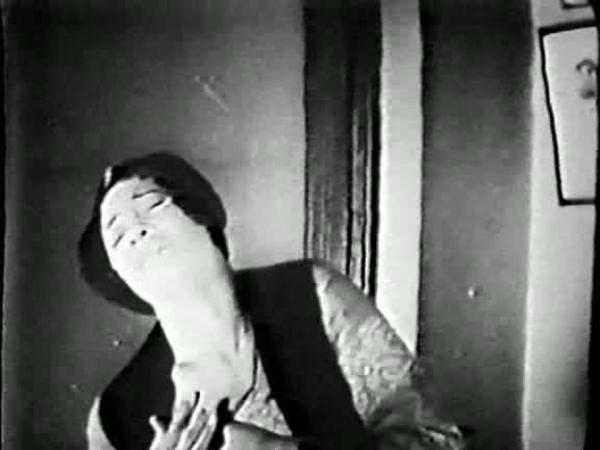The Girl From Chicago

1932![]()
Written and directed by Oscar Micheaux

Oscar Micheaux was one of the greatest film directors who ever lived. And I don’t make that statement lightly. His films might not be the greatest films ever made (okay, many of them are terrible!), but for what he accomplished, and for so long, and at what time he did it, Micheaux deserves recognition. Micheaux was an outstanding businessman, had he been born fifty years later he’d be one of the richest men in the country powered solely by his own awesome business skills. As it is, he did amazingly well considering he was a self-made man through and through who did almost every aspect of his movies by himself. For an independent operator to survive for as long as Micheaux did cranking out films and getting funding for the next round is a miracle most filmmakers with far fewer obstacles cannot accomplish nowadays.

First, some history lessons. All-black films were known as “Race films” or “Colored pictures”, usually played in segregated all-black theaters, or all-black showings of films (usually matinees or midnight shows – and, yes, there would be whites that showed up for this shows, many eager to see the black nightclub sequences!) Most of the films were outside of the studio system, done with ultra-low budgets, and many films no longer survive.
Some parts of Micheaux’s early biography is guesses, speculation, and even legend. So don’t be all angry if dates don’t seem exact. Oscar Micheaux was born the son of two freed slaves near either Murphysboro or Metropolis, Illinois, in 1884, the fifth of 13 (or 11) children. The exact pronunciation of Micheaux’s name is up for debate, as was the spelling for the first few decades of Micheaux’s life before he settled on Micheaux. He also spent time growing up in in Great Bend, Kansas, where he was eventually buried. Around age 16, Micheaux moved to Chicago with an older brother to find work. After getting ripped off by an employment agency, Micheaux vowed to become his own boss so that wouldn’t happen again. He then set up his own shoe shine business in a white suburb – thus avoiding competition from all the bootblacks downtown. He learned much about the business world and how to save money during that period.

After spending time doing farmwork and then porter work on a Pullman car, Micheaux at age 24 went west, young man, to South Dakota and an all-white farm community of Dallas. All-white except Oscar Micheaux, that is! Micheaux’s business sense increased his acreage to over 500 acres he had enough time to write his first novel (of seven known and possibly as many as 10 or more), dubbed The Conquest: The Story of a Negro Homesteader. As you may have guessed, the story is pretty much the story of Oscar’s life, the main character is even named Oscar Devereaux. Micheaux’s next two novels wereThe Forged Note (1915) and The Homesteader (1917) – Micheaux’s most famous novel. In it, Oscar Devereaux leaves the Scottish lass that is the love of his life because she isn’t black and moves to the midwest as a farmer to find his fortune. He married the daughter of a preacher but ends up getting framed for their murder. His Scottish love hires private investigators to prove his innocence, and also conveniently finds out she has a very distant black relative and therefore can marry the hero without either of them shaming their race. Definitely a product of the time, and except for the magic one-drop rule cop out at the end, it probably takes a lot from Micheaux’s real life as well. Micheaux sold copies by going door to door selling copies to the farmers in the all white community. Micheaux would go on publicity tours after each book was finished, throughout the bible belt, met with local community leaders, lectured at schools and churches. He became well known both among blacks and rural white farmers.
His last four novels were written in the 1940’s: The Wind from Nowhere (1941), The Case of Mrs. Wingate (1944), The Story of Dorothy Stanfield (1946), and Masquerade, a Historical Novel (1947)


